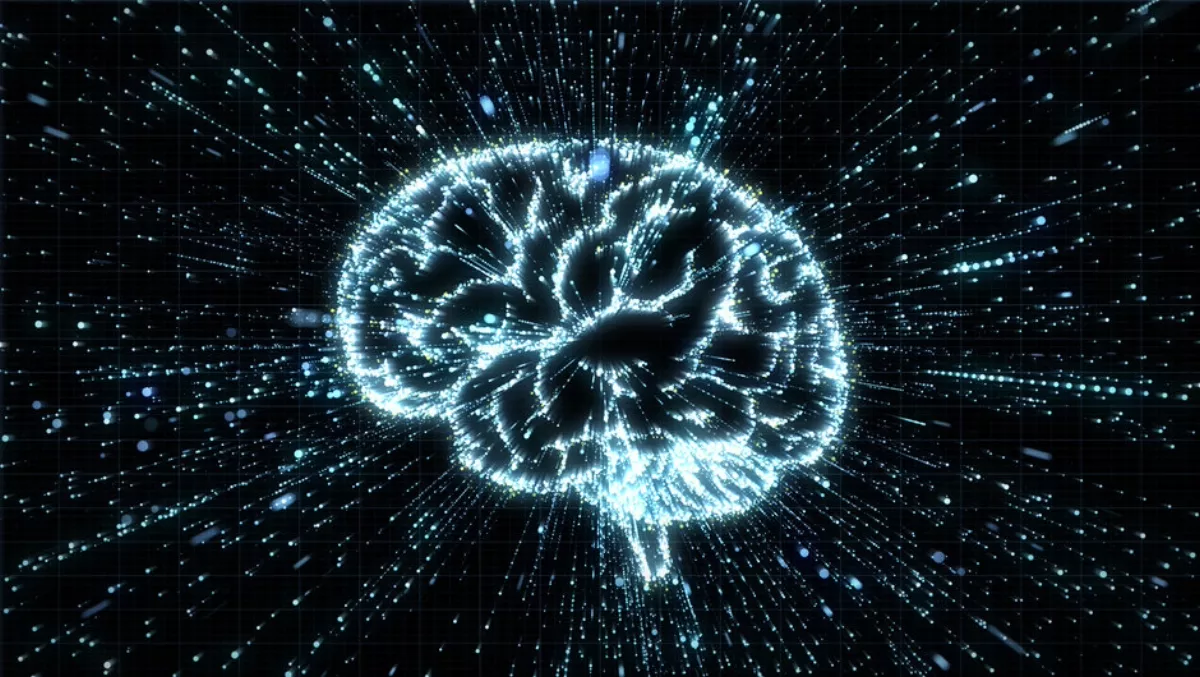
'Tech supported by people' paradigm the way forward
To quell fears about the impact of intelligent automation (IA) on business operations and employees, the trick is to shift shift the paradigm of how we view technology and its relationship to employees.
University of Auckland Business School Professor Ilan Oshri says that businesses need to shift from a model of 'people supported by technology' to one that is 'technology supported by people'.
Oshri, who recently participated in a KPMG study that analysed global experiences with IA, says that IA is part of everyday life. Virtual bank assistants and algorithms that review CT scans are now the norm.
Intelligent automation includes processes including artificial intelligence, machine learning and robotic process automation (RPA).
Oshri says organisations expect a lot from IA's ability to transform their businesses, but organisations are actually making the changes they need to harness that power.
A third of respondents in the KPMG study cited that management was concerned about IA's impact on employees.
But if IA is done well, it could result in happier employees. The report's authors says that employees could free up time from routine tasks to concentrate on more significant work.
"Ultimately, humans and virtual robots will work side by side – and, in many cases robots will be able to analyse data and answer questions, often faster and better than humans. What robots won't be able to do is define the questions and problems that need to be solved, iterate deeply on the responses, and prioritise solutions.
The KPMG report found that two thirds have plans to implement RPA within three years. However, two thirds are also struggling with a lack of in-house talent, goal definition, and how to hold it accountable for return on investment.
However Oshri adds that it's still unclear how automation will affect society at large.
"Some indications suggest that at this point in time technology is advancing faster than ethical concerns and business needs are challenging traditional employment conventions," Oshri says.
The report says that traditional boundaries between a company's different divisions such as finance, IT and HR are being eroded.
"The way we organise and do business is changing due to IA and other digital disruption," says Oshri.
"Piecemeal attempts to introduce IA as 'add-ons' or replacements for existing processes just won't cut it. Firms need to consider two dimensions when seeking intelligent automation solutions: their business models and their data structure.
"It is the responsibility of academics, practitioners and policymakers to actively shape the new reality created by intelligent automation," Oshri concludes.
The report's authors suggest that businesses should set up 'centres of excellence' to upskill employees and recruit specialists. They concede that some job losses will be inevitable.


